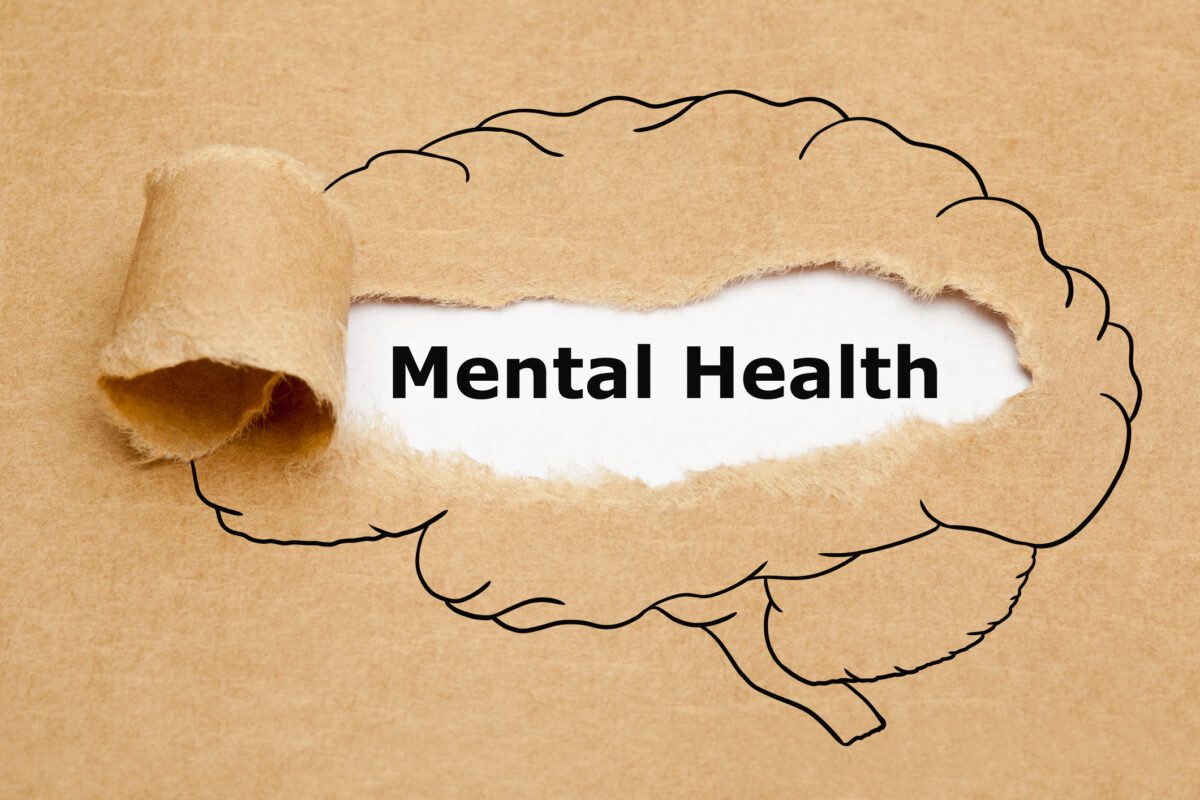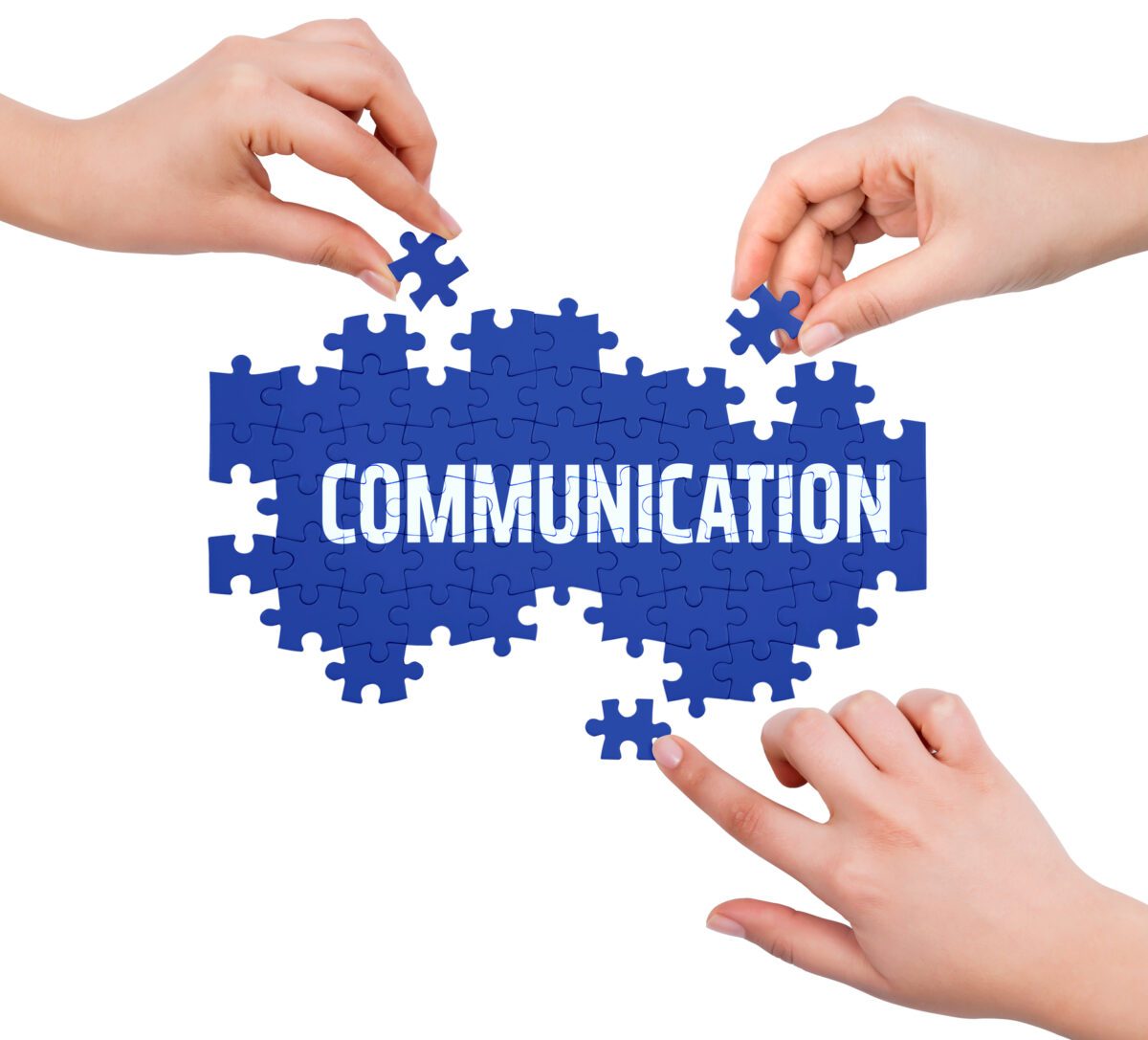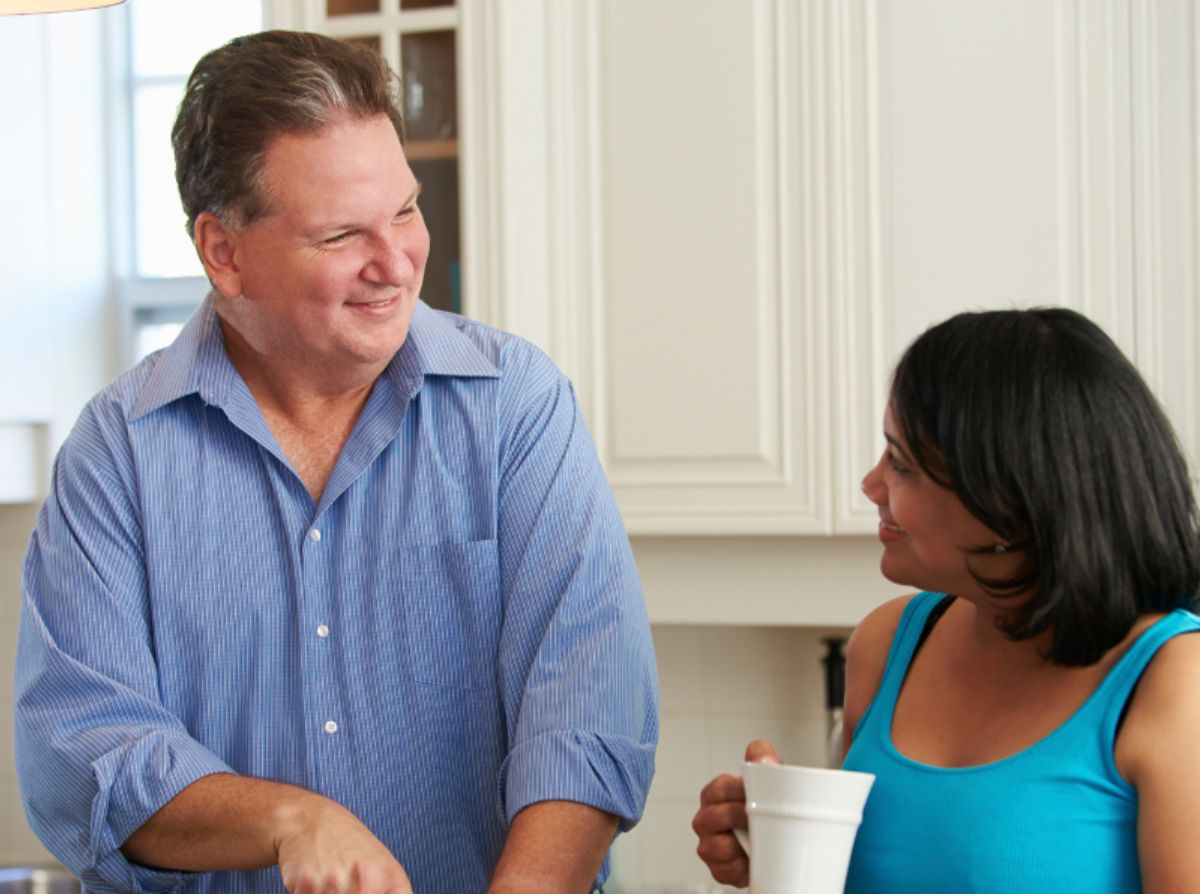
Find your people
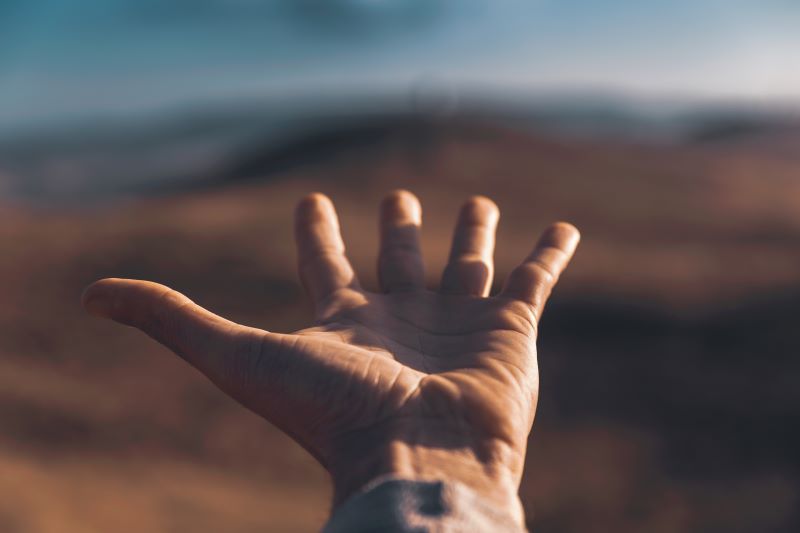
For one struggling with a mental health disorder or addiction, it may be very hard to step outside of the self-imposed isolation and become vulnerable to ask for help. When struggling with depression or in active addiction it is hard to ask for help, when one honestly doesn’t want to be seen at all.
The COVID pandemic has taught us that there is certainly an inherent need for humans to develop physical and emotional connections with others they trust. The traumatic isolation imposed on our world has left many individuals to struggle with isolation and negative ways of coping throughout the crisis. Inevitably, the need for mental health and addiction treatment is larger than ever before, while our society tries to dust ourselves off.
Openness and trust is necessary in order to be vulnerable with another. In order to trust, we must first feel we belong. Individuals in recovery who find a group of men and women who they can relate to have a much higher chance of sustaining recovery than going at it alone.
There is a sense of validation and belonging, while “becoming known” not only to others, but also oneself. The struggle one has in common with another, is the one thing that bonds and unites them together.
As one finds their own voice and bonds with others, there is a deepening intimacy that unfolds. Mental health disorders and addictions are all too isolating and they thrive on shame and self hatred. When one finds another person who is just like them, their heart softens and develops an openness and willingness to trust.
Group therapy is a type of therapy that for many people is the firm groundwork of their recovery. The feelings of shame may have been too deep for one to come up out of isolation alone. But when one develops a common bond with another person who “gets it,” it may be easier to open up more as one gains comfort within a safe place.
Finding your people while on the road to recovery takes courage. Try it. Take up space with the people you think might be “your” people. Practice being open, honest, and present with them and wait to see how they react. The ones who stay with you while in your own vulnerable moments, without judgement, may truly be your people.
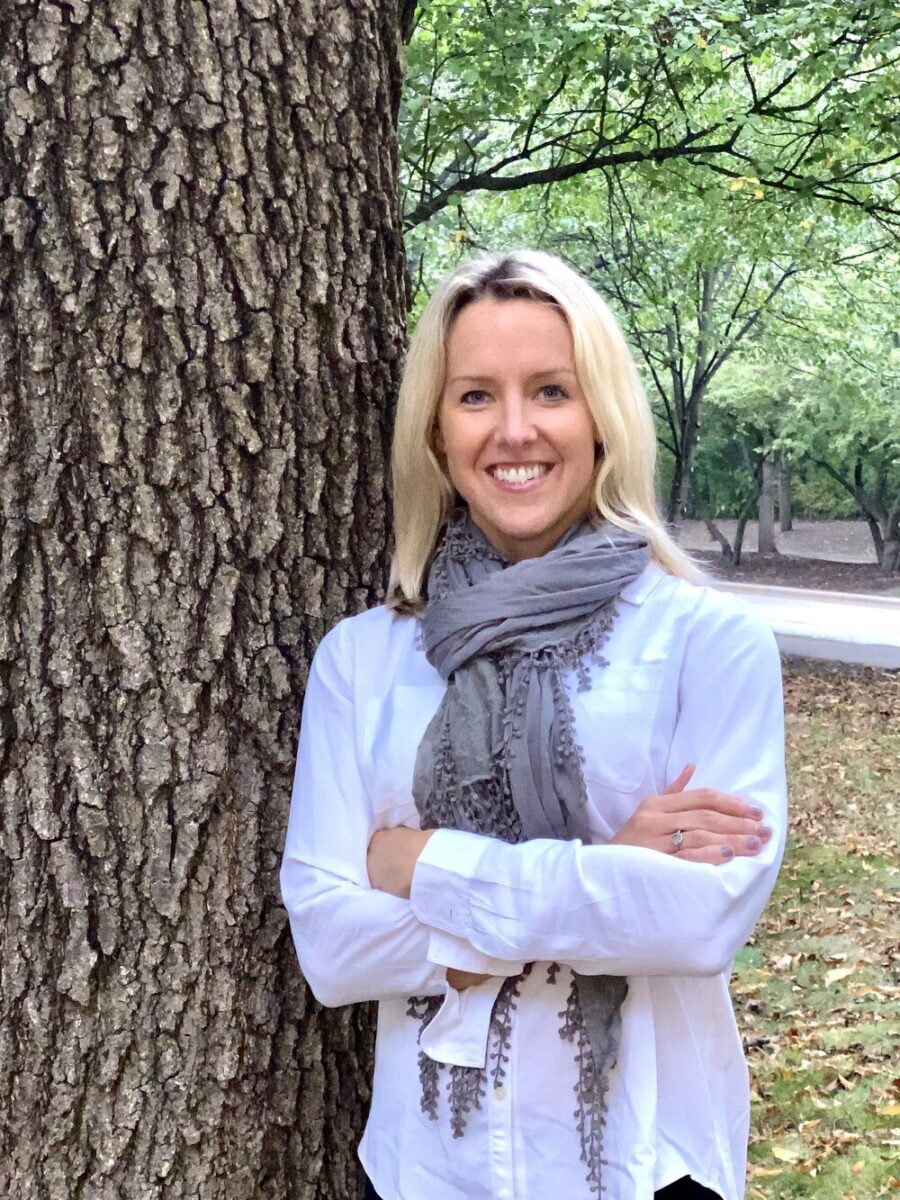
Kirsten Book, PMHNP-BC
I support the patient to help them feel empowered in their own recovery.

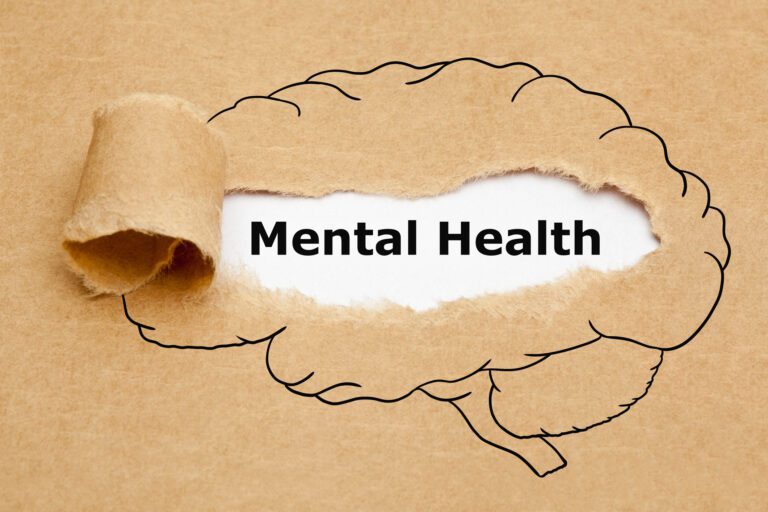
The Strong Connection of Eating Disorders and Suicide
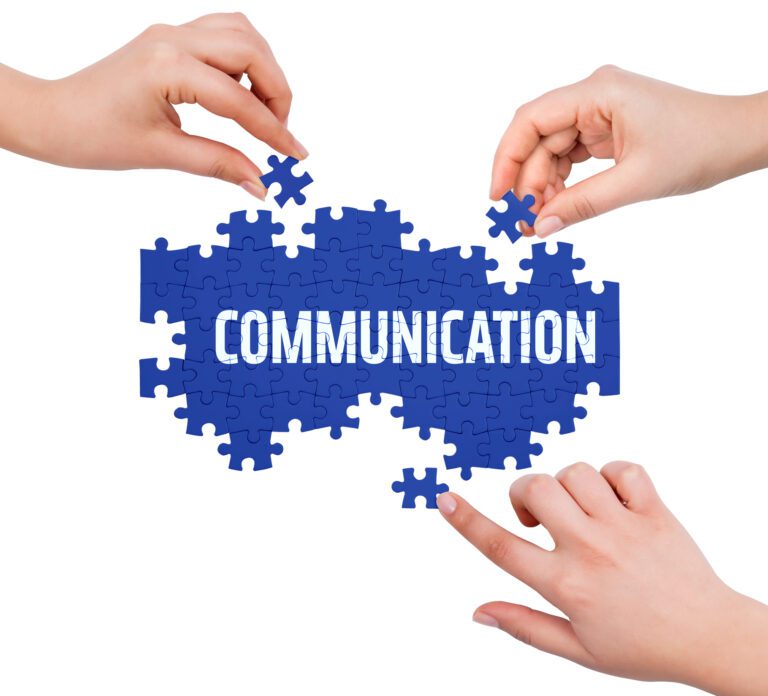
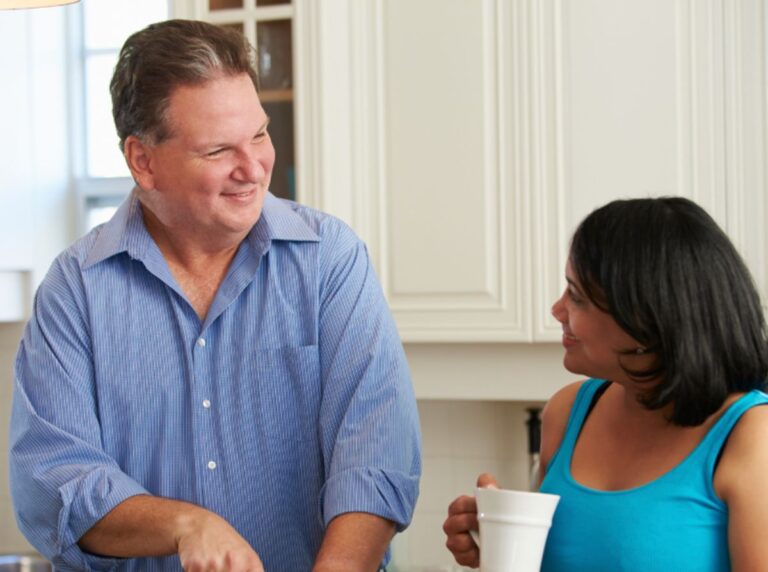
ADHD and the difference Between IEP and 504 Plan

Back to School Preparation for Students with ADHD


